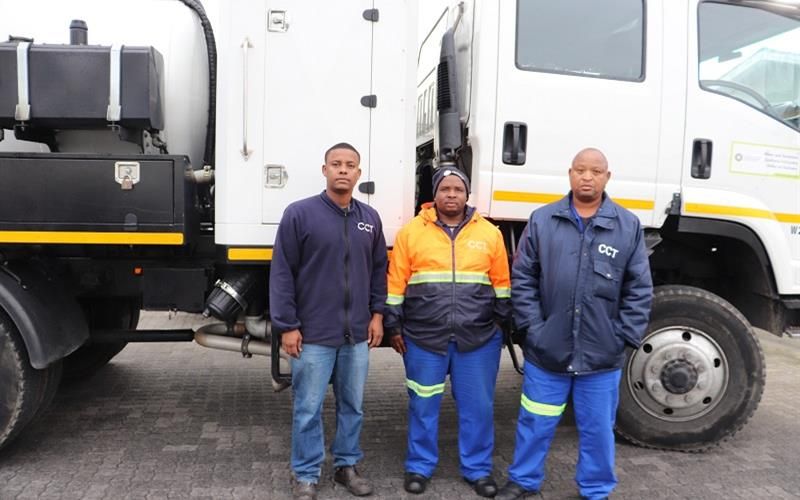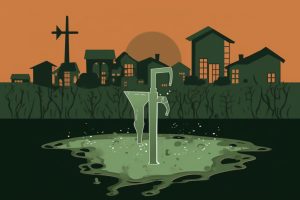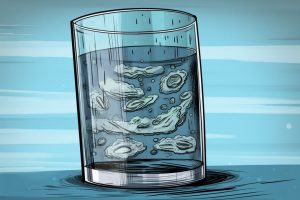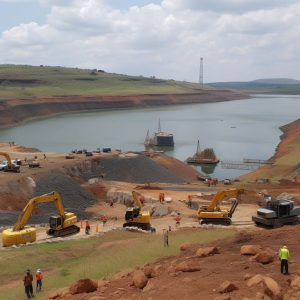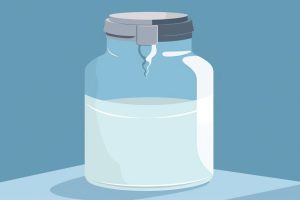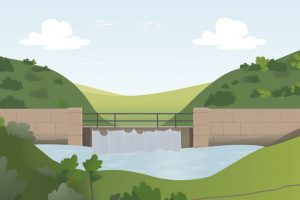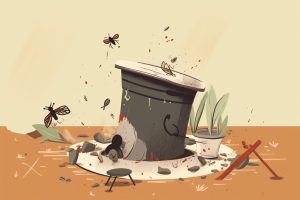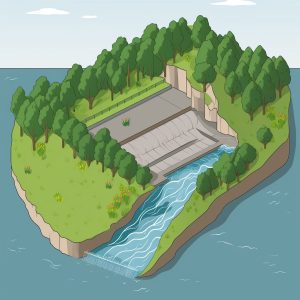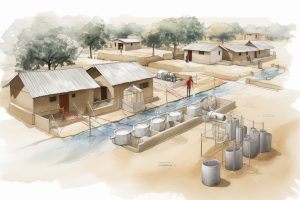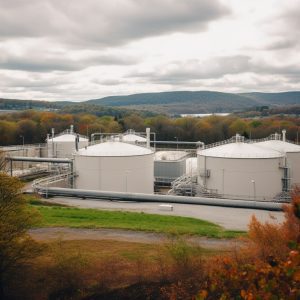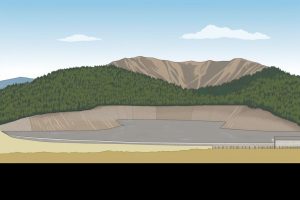Cape Town’s bustling city depends on its dedicated workforce to keep vital infrastructures running smoothly. Among these workers are the operational teams of the Water and Sanitation Department, whose relentless efforts ensure that the city’s sewers and drainage systems remain functional. Without these individuals, residents would be subjected to the dire consequences of blocked drains and sewage systems.
Cholera outbreaks are a common occurrence in areas with poor water quality and sanitation, and Hammanskraal is no exception. The government has acknowledged the gravity of this crisis and is taking swift action to mitigate its effects. However, a longterm solution to water supply and quality issues in the area is still being developed.
Cholera is a type of infectious diarrhoeal disease caused by Vibrio cholerae bacterium, which spreads through contaminated food and water. If left untreated, the disease can lead to severe dehydration and even death. ## Department of Health Assures the Public
On May 16, 2023, South Africa’s Minister of Water and Sanitation, Senzo Mchunu, presented an ambitious budget of R40.291 billion for the 2023/24 fiscal year in the National Assembly. The department’s primary objective is to ensure the sustainability and efficiency of the water sector, while addressing the existing challenges and shortcomings and providing reliable services to communities.
The City of Cape Town’s Water and Sanitation Directorate has scheduled a comprehensive planned maintenance work for the water supply infrastructure in several areas, including Bellville CBD, Triangle Farm, Bellville South, Labiance, Greenlands, Glenhaven, and Stikland. This article provides information on the scope of the maintenance work, its purpose, and how residents can prepare for it.
South Africa, a waterscarce country, faces several challenges in providing its citizens with access to clean water and sanitation services. The Department of Water and Sanitation (DWS) has recently presented its budget for the financial year 2023/24, outlining its plans to address these issues. This article provides an indepth analysis of the budget speech, examining the key projects, initiatives, and future plans of the DWS.
Around 500 refugees, including 200 children, live in dire conditions at the Bellville Paint City camp in Cape Town. ## Refugees’ Plea for Resettlement
Mpumalanga Province, located in the northeastern part of South Africa, has experienced a surge in rainfall that has resulted in a significant increase in water levels in various dams and catchment areas. As of the weekly state of reservoirs report dated 08 May 2023, the Department of Water and Sanitation (DWS) has released data indicating that the average dam levels in the province have risen from 98.5% to 98.8%. Although this is a welcome development, residents are still encouraged to conserve water due to the country’s overall water scarcity.
Deputy Minister David Mahlobo has called for the acceleration of water projects in the Waterberg District during a recent multistakeholder water and sanitation engagement session held on May 9th, 2023, in Mokopane, Limpopo. This session brought together various representatives, including traditional leaders, provincial leadership of the Department of Water and Sanitation, mayors, municipal managers, and ward councillors from the local municipalities within the Waterberg District.
In May of 2023, Minister Senzo Mchunu of Water and Sanitation, along with Deputy Ministers David Mahlobo and Judith Tshabalala, conducted a crucial ministerial visit to the northern KwaZuluNatal district of uMkhanyakude. The purpose of this visit was to evaluate the progress made in refurbishing and upgrading the water supply schemes in KwaHlabisa and Mtubatuba Local Municipalities.
Mining houses in South Africa are urged to register their tailings dams to ensure compliance with dam safety regulations. The South African Department of Water and Sanitation (DWS) is updating its database of all tailings dams that meet the requirements to be classified as Dams with a Safety Risk.

